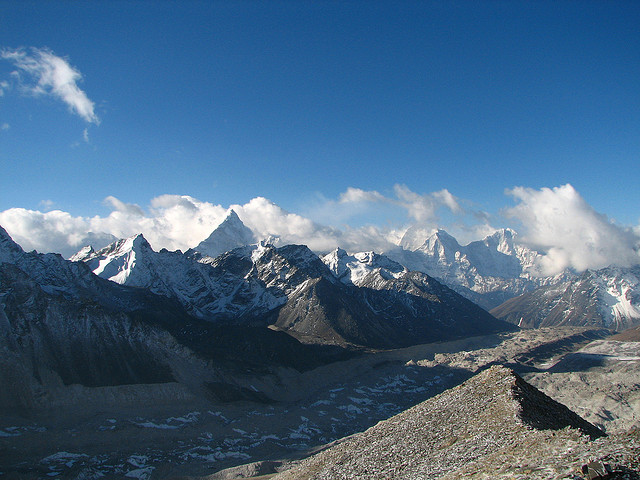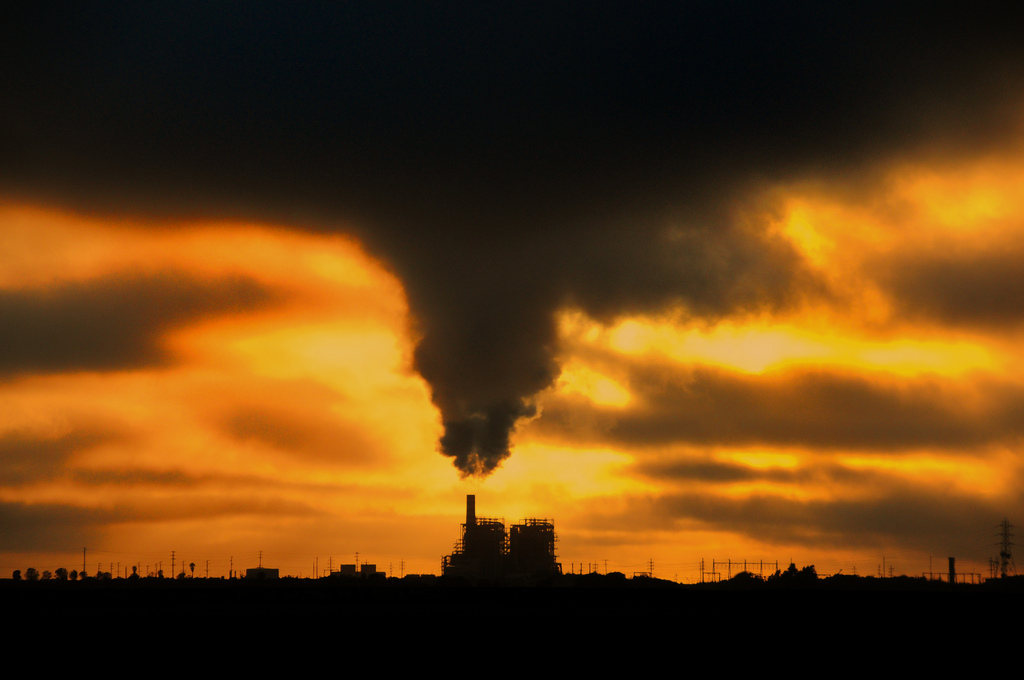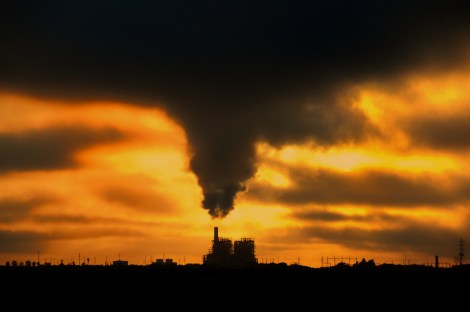It’s been a big month for progressive political wins in California, It�
Robert Scheer writes at Truthdig about the “progressive bellwether” that is California now: “The Land of Milk and Honey Once More.”
It is refreshing to discover that not every super wealthy person need be a shortsighted pig. That is one lesson from California voters, and it should burnish the Golden State’s reputation as an inspiration for the nation. It helps that the cutting edge industries in the state, ranging from the older world of entertainment to the newest of information technology, are apparently more inclined to a progressive outlook than the entrenched economic interests in some other states. Texas comes to mind.
Andrew Leonard has also been infected with Golden State optimism. “As goes California, so goes the nation?” he asks at Salon.
Not so fast there, friends.
Yes, funding for green industry and jobs, cap-and-trade auctions, and big progressive wins in the state legislature are all pretty awesome. And yes, that’s a very nice picture you’ve got there, Robert Scheer, of a rainbow landing in a field of wind turbines in (extremely unsustainable) Palm Springs. And yes, California may well tip the scales further in favor of clean energy in America. Woo, yay, etc.
But the land of milk and honey this is not: California has the highest poverty rate in the nation, according to a new federal standard that takes into account food, housing, and utility costs, with 23.5 percent of the population living below the poverty line. Luckily, some of the millions raised through cap-and-trade auctions will now be funneled toward needy communities (as well as green innovations), thanks to legislation passed in September.
From the San Francisco Chronicle:
[A] broad coalition — business associations, public health organizations, labor, transportation and environmental groups, ethnic and immigrant organizations, economic-justice, housing and faith-based organizations — came together behind a simple idea to put a meaningful chunk of the money from the carbon auction into low-income communities that typically are hit first and worst by pollution. …
[Assembly Speaker John. A] Perez’s bill creates a public process that structures how the money should be allocated, with parameters on what green sectors to invest in and guidance on the distribution process, ensuring fairness and transparency. [Sen. Kevin] De León’s bill ensures that at least 25 percent of cap-and-trade funds benefit “disadvantaged communities,” with at least 10 percent invested directly in those areas.
Officials will identify disadvantaged communities based on geographic, socioeconomic, public health and environmental criteria. These will include factors such as heavy pollution problems and large numbers of people with low incomes, high unemployment rates and low levels of home ownership or educational attainment.
The state’s Chamber of Commerce is suing to stop the cap-and-trade auctions, while some food processors are claiming the program will increase food costs across the state. But if allowed to prosper, the carbon market stands to attract more clean energy investments to the Golden State while also lifting up debt-riddled communities in most dire need of good jobs and clean air, like Chevron-throttled Richmond.




